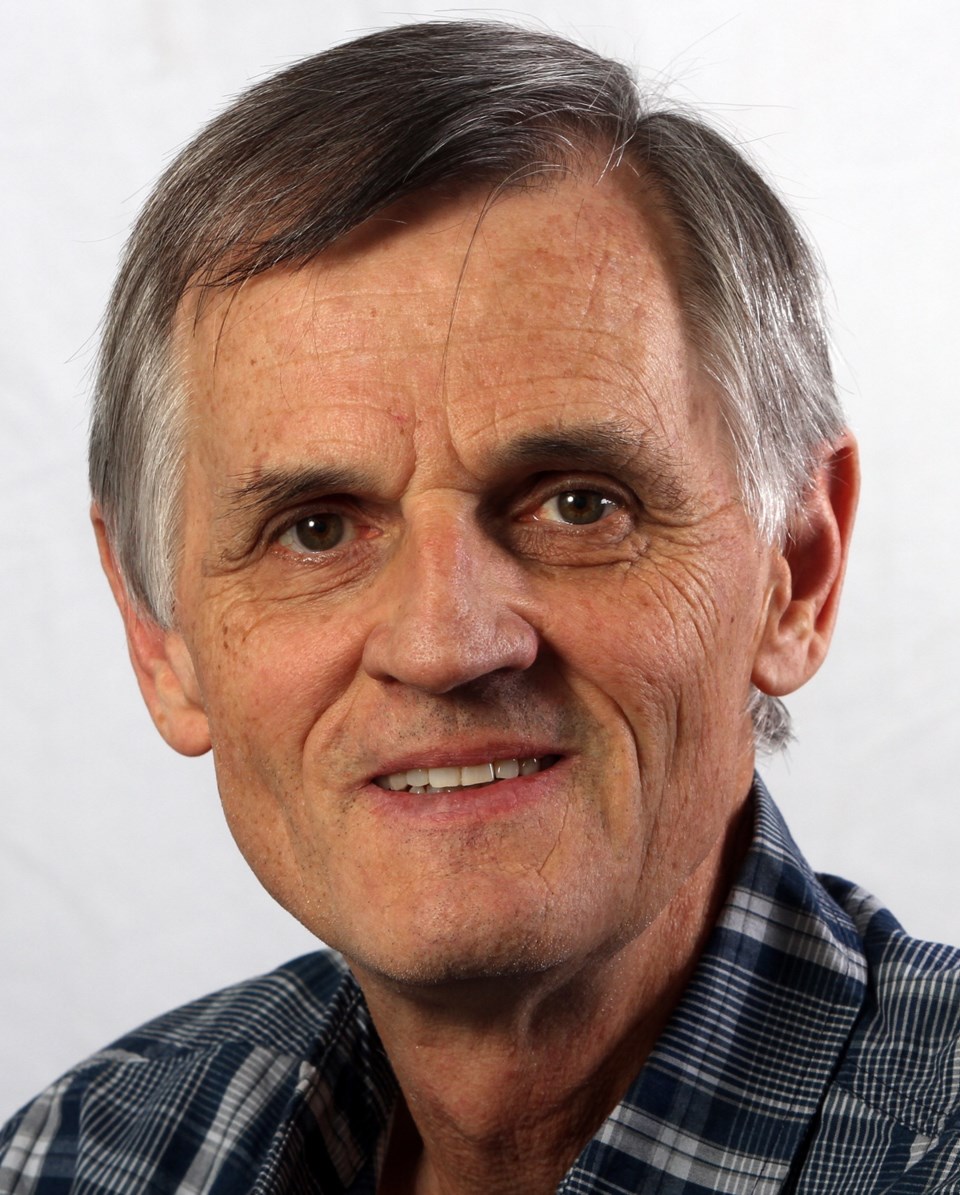 Many Canadians are undoubtedly looking forward with much excitement to election day. Or more precisely, to the end of the seemingly interminable election campaign. The biggest thrill will not be who wins, but that this drawn-out festival of hype and half-truths will finally be over.
Many Canadians are undoubtedly looking forward with much excitement to election day. Or more precisely, to the end of the seemingly interminable election campaign. The biggest thrill will not be who wins, but that this drawn-out festival of hype and half-truths will finally be over.
How’s this for a bright dream? Some day, we will have an election campaign in which the parties lay out their platforms clearly and succinctly. Candidates will further expand on those platforms, while listening to the concerns of the citizens.
The campaign will be conducted in an atmosphere of mutual respect and civility. Voters will examine those platforms and consider the qualifications and strengths of the candidates, then make wise choices based on careful analysis.
We will have candidates we can be proud of, people who will stir up enthusiasm for our country and the democratic process, people who see public office as a means to a noble end, and not as an end in itself.
Just like the good old days.
Except those old days were not so good, perhaps. Otherwise, Ambrose Bierce (1842-1914), author of The Devil’s Dictionary, would likely have been more charitable in his attitudes toward politics and politicians. He hits uncomfortably close to the truth when he describes politics as “a strife of interests masquerading as a contest of principles. The conduct of public affairs for private advantage.”
He defines a politician as “an eel in the fundamental mud upon which the superstructure of organized society is reared. When he wriggles, he mistakes the agitation of his tail for the trembling of the edifice.”
Ah, it’s so much fun to take potshots at those who seek public office, isn’t it? But it’s not very sporting. They are such easy targets — they are required to be highly visible; every aspect of their lives is subject to scrutiny and criticism. The misdeeds of a minority reflect badly (and unfairly) on the majority.
In truth, they are not all crooks, knaves and scoundrels. Most are decent human beings. They have their flaws and quirks, but they also have strengths and talents. It’s too bad they have to get caught up in the sneering and jeering and carping that too often passes for political discourse.
Regular people don’t become monsters simply by taking up politics. They still have families and friends, anxieties and aspirations. They care about the country, the environment and the economy, although opinions vary widely on those issues.
Some of them, when they attain office, start to believe their own publicity. The way MPs have feathered their own nests with generous salaries, expense accounts and pensions irks many Canadians. No matter what we paid our elected officials, though, someone would complain.
We should compensate them fairly; they have a demanding, all-consuming job. Some are worth every penny we pay them, and more. Others are grossly overpaid. That’s the chance we take when we elect them.
And if they are not satisfactory, come the next election we can throw the bums out. In government and politics, change is not only good, it’s necessary. As Mark Twain is alleged to have said: “Politicians and diapers must be changed often, and for the same reason.”
Our system is imperfect, but usually the ones complaining most about its imperfections are the ones whose party didn’t win. But keep it up — complaining can be constructive, and it doesn’t do to let those in office become comfortable.
It’s worth remembering that we are free to complain, to criticize, to call our leaders scoundrels and ne’er-do-wells. It’s worth noting that, despite glitches and snarls in the voting process, we are still free to vote. No one stood by with guns to interfere or ensure we voted a certain way.
We can disagree, loudly and publicly, with the country’s leaders, and no soldiers will come to keep us silent. And we should keep on disagreeing loudly and publicly, when we feel the need, lest some in power come to believe that particular freedom can be curtailed. We don’t want to let the muscles of dissent atrophy.
It will be a great relief to have the election over, with all its arguing, criticizing, hyperbole and posturing, but we should not forget what a wonderful privilege an election is.


